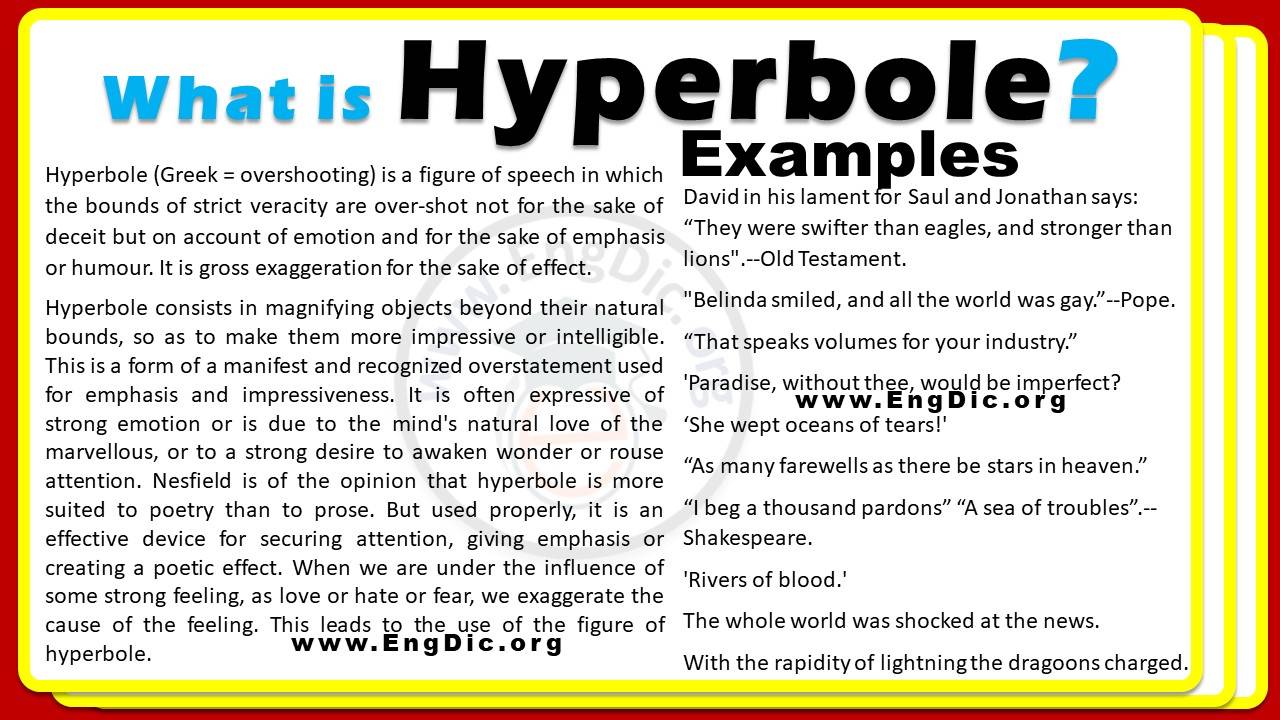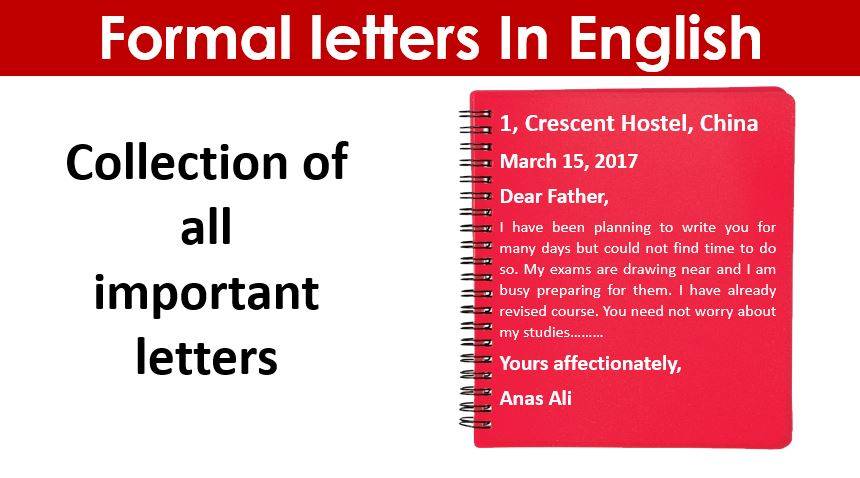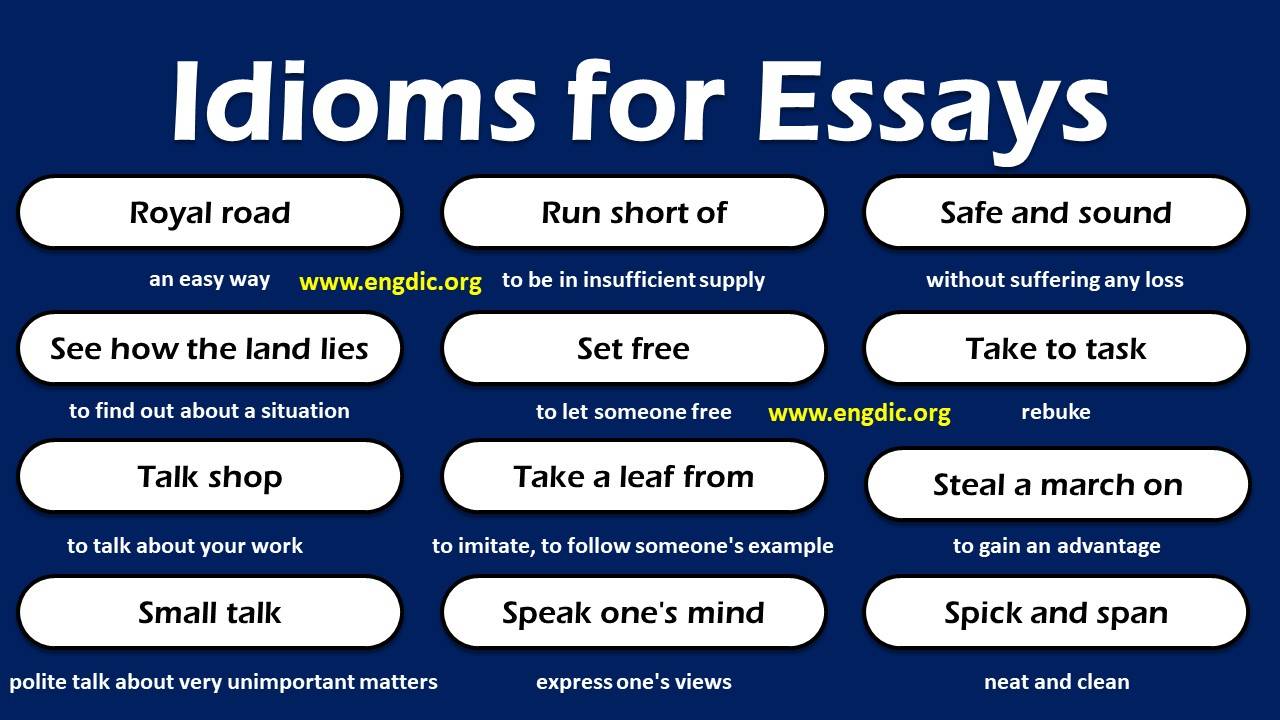Apostrophe in English with examples pdf! Here we will discuss what is apostrophe? What is the use of apostrophe?What are the examples of apostrophe? This is the most common and maximum usable figure of speech. We see apostrophe in almost every kind of sentences.
Apostrophe in English with examples PDF
What is apostrophe in English?
An apostrophe is a figure of speech by which some person (generally absent or dead) or some abstract idea personified is addressed. It consists in addressing something absent, as if present. It is an invocation to an inanimate object, a quality or to someone who is not present. An orator invokes some hero of other times; a preacher appeals to angels and departed souls. There is supposed to be great intensity of emotion. The figure is often combined with personification.
‘O, Death! where is thy sting?
O Grave! where is thy victory?’–Bible.
“Where are thy charms, O Solitude?’
There are two varieties of apostrophe:
The first is when a personified object is aadressed; as
“Stay yet, illusion stay a while
My wildered fancy still beguile.”–Shakespeare.
The other variety is when, under strong emotion, we vividly address the absent as present or the dead as living. Scott speaking, of James IV’s failure in generalship at Flodden, appeals to the long dead heroes of Bruce’s day:
“O Douglas for thy leading wand! Fierce Randolph, for thy speed!”
Examples of apostrophe
What is the common use of apostrophe?
“Stern Daughter of the Voice of God.”
O Duty! if that name thou love.–Wordsworth: Ode to Duty.
“Milton! thou shouldst be living at this hour;
England hath need of thee.”
“Land of our birth, we pledge to thee
Our love and toil in the years to be.“
‘O liberty, dear liberty!’
‘England, with all thy faults, I love thee still;
My country.’
‘Thou, too, sail on, O ship of State!
Sail on, O Union, strong and great!
‘Pardon me, Julius, here wast thou
Bay’d, brave heart.’
‘Sweet Auburn, loveliest village of the plain!’–Goldsmith.
‘O, friendship, thou fond soother of the human breast!,
O thou invisible spirit of wine, if thou hast no other name to be known by, let us call thee devil!’
“Oh! Tiber! father Tiber! To whom the Romans pray.” –Macaulay.
The use of this figure gives animation and increased importance to expression. The absent are here addressed as if present; inanimate objects or abstractions, as if living and conscious.






